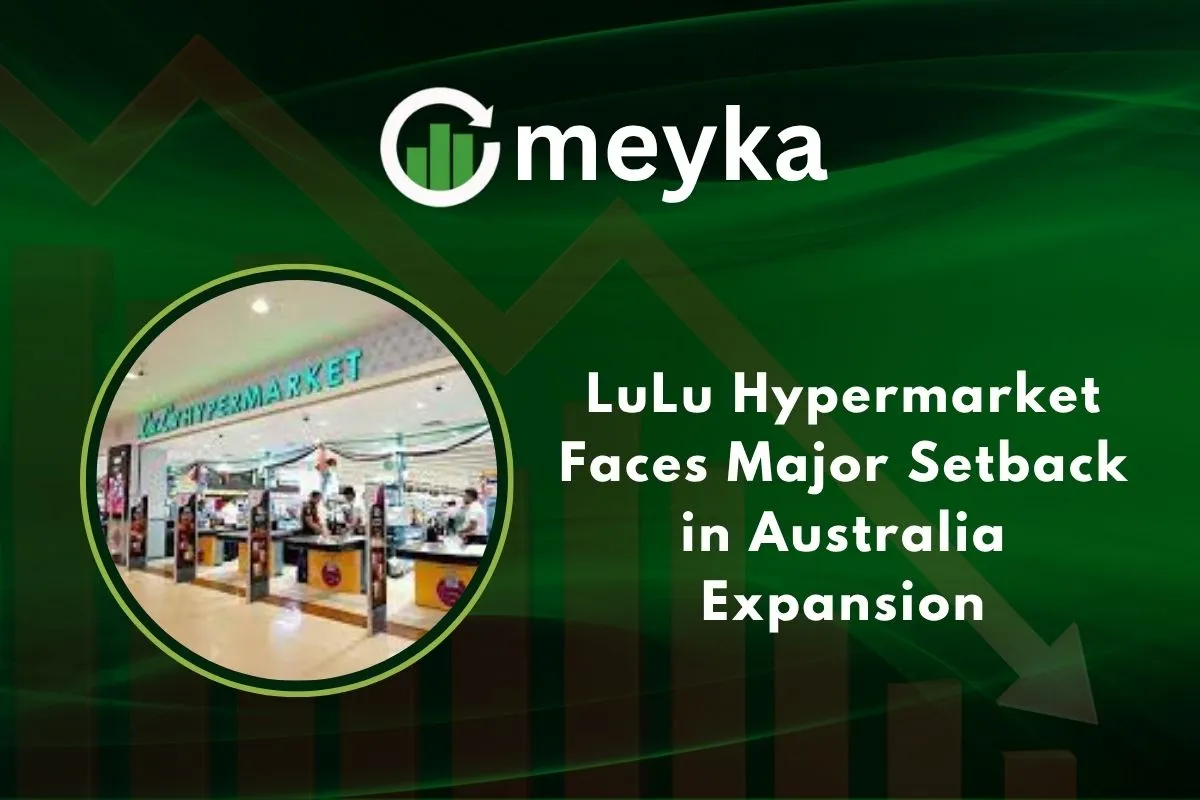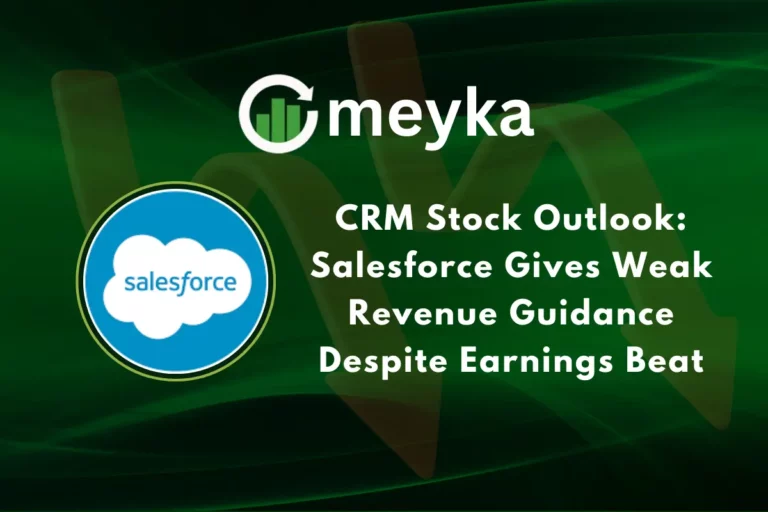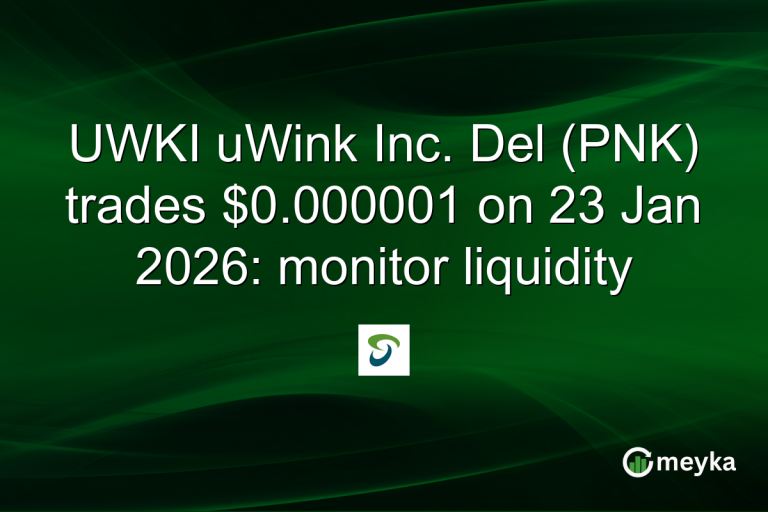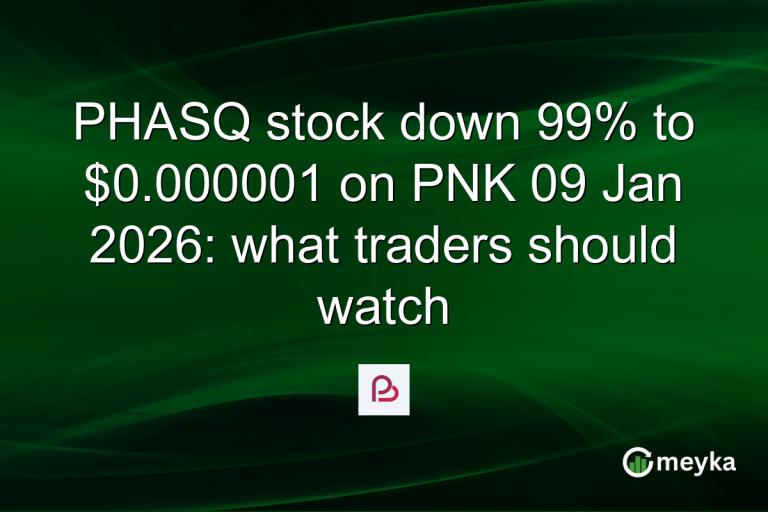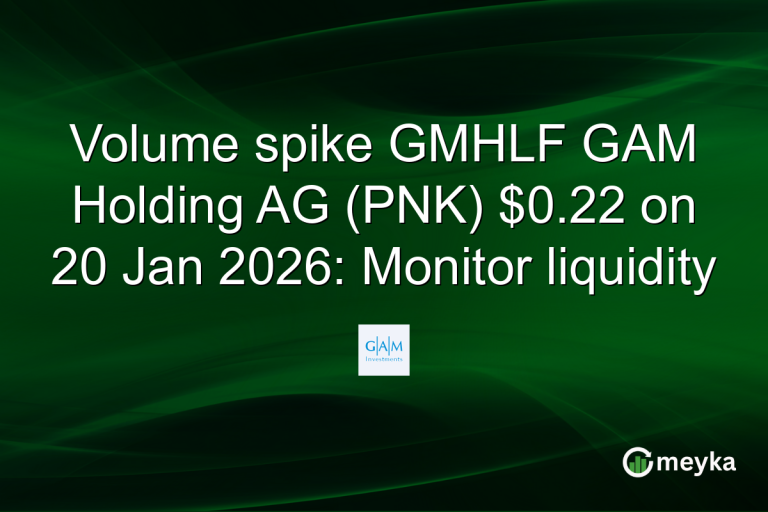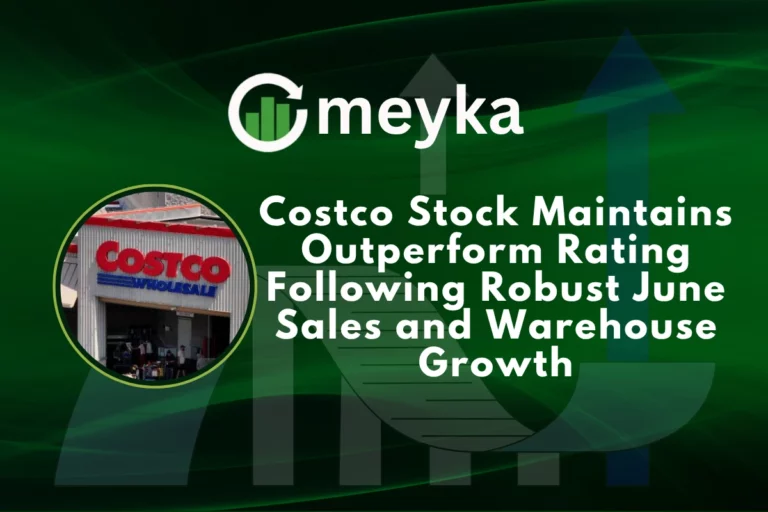LuLu Hypermarket Faces Major Setback in Australia Expansion
LuLu Hypermarket, a prominent retail chain based in the United Arab Emirates, has been making strides in global markets. With over 250 stores across the Middle East and Asia, LuLu has established itself as a significant player in the retail industry. In September 2025, Australian Prime Minister Anthony Albanese invited LuLu to expand into Australia, aiming to introduce more competition into the country’s supermarket sector.
However, despite the government’s enthusiasm, LuLu’s journey into Australia has encountered significant obstacles. The Australian retail landscape is dominated by established players like Coles and Woolworths, making it challenging for new entrants to gain a foothold. Additionally, LuLu’s previous international expansions have faced hurdles, raising questions about the company’s ability to adapt to diverse market conditions.
We explore LuLu Hypermarket’s expansion plans in Australia, the challenges it faces, and the lessons from its experiences.
Background of LuLu Hypermarket
LuLu Hypermarket was founded in 1995 by Indian businessman MA Yusuff Ali. The company operates a chain of hypermarkets and supermarkets across the Middle East, Asia, and Europe. Known for its wide range of products, including groceries, electronics, and clothing, LuLu has become a household name in many countries.
In recent years, LuLu has expanded its presence in international markets, including India, Indonesia, and the United Kingdom. The company’s success in these regions can be attributed to its ability to adapt to local consumer preferences and its commitment to quality and customer service.
Australia Expansion Plan
In September 2025, during a visit to the United Arab Emirates, Australian Prime Minister Anthony Albanese invited LuLu Hypermarket to consider expanding into Australia. The invitation coincided with the commencement of the Australia-UAE Comprehensive Economic Partnership Agreement, which aims to reduce tariffs on Australian exports to the UAE.
Prime Minister Albanese highlighted the potential benefits of increased competition in the Australian supermarket sector, which is currently dominated by Coles and Woolworths. He emphasized that LuLu’s entry into the market could lead to lower prices and more choices for consumers.
Details of the Setback
Despite the government’s invitation, LuLu Hypermarket’s plans to enter the Australian market have faced significant setbacks. Industry experts point to several factors that have hindered LuLu’s expansion efforts.
One major issue is the dominance of Coles and Woolworths in the Australian supermarket sector. Together, these two retailers control nearly 60% of the $120 billion market, leaving little room for new entrants. Additionally, the high logistics costs and lengthy investment timelines in Australia have deterred other international retailers, such as Germany’s Kaufland, from entering the market.
Furthermore, regulatory challenges and the need to adapt to local consumer preferences have posed additional obstacles for LuLu. The company’s previous international expansions have encountered similar issues, raising concerns about its ability to navigate the Australian market successfully.
Reasons Behind the Setback
Several factors have contributed to LuLu Hypermarket’s challenges in expanding into Australia:
- Market Saturation: The Australian supermarket sector is already highly competitive, with established players like Coles and Woolworths dominating the market.
- High Operational Costs: Australia’s high logistics costs and lengthy investment timelines make it challenging for new entrants to achieve profitability.
- Regulatory Hurdles: Navigating Australia’s regulatory environment can be complex, requiring significant time and resources.
- Cultural Adaptation: Adapting to local consumer preferences and expectations is crucial for success in the Australian market.
Impact on LuLu’s Strategy
The setbacks in LuLu Hypermarket’s expansion plans have prompted the company to reassess its strategy. The challenges faced in Australia highlight the complexities of entering new markets and the importance of thorough market research and preparation.
LuLu may need to consider alternative strategies, such as forming partnerships with local retailers or focusing on online retail, to overcome the barriers to entry in the Australian market. Additionally, the company may need to invest in understanding and adapting to local consumer preferences to enhance its chances of success.
Challenges in the Australian Retail Market
The Australian retail market presents several challenges for new entrants:
- Dominance of Major Retailers: Coles and Woolworths hold a significant share of the market, making it difficult for new competitors to gain a foothold.
- High Operating Costs: Logistics and real estate costs in Australia are relatively high, impacting profitability.
- Consumer Preferences: Australian consumers have established shopping habits, and introducing new retail concepts requires careful consideration of local preferences.
- Regulatory Environment: Compliance with Australian regulations can be time-consuming and costly for new entrants.
Conclusion
LuLu Hypermarket’s experience underscores the complexities of expanding into new markets. While the company’s international success is notable, the challenges faced in Australia highlight the need for thorough market analysis and strategic planning. For LuLu and other international retailers considering expansion into Australia, understanding the local market dynamics and consumer preferences is crucial. Adapting to these factors can enhance the chances of success and ensure a positive reception from Australian consumers.
FAQS:
LuLu Group is a large company based in the UAE. Its main business is operating LuLu Hypermarkets, which are big stores selling groceries, electronics, and clothes. The group also owns shopping malls and hotels.
LuLu Hypermarket’s mission is to offer a unique shopping experience. They aim to provide high-quality products and services. The company also looks for new market opportunities and values its business partners.
The CEO of LuLu Retail is Mr. Saifee Rupawala. He became CEO in July 2024 and has been with the company since 1982.
LuLu Daily is a smaller store format by LuLu Hypermarket. These stores focus on providing fresh food and daily essentials. They are designed to serve customers who need quick and convenient shopping options.
Disclaimer:
This content is for informational purposes only and is not financial advice. Always conduct your research.
